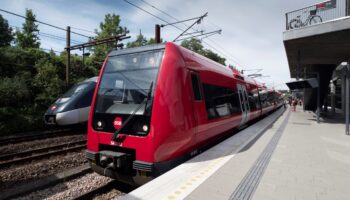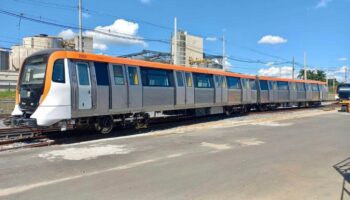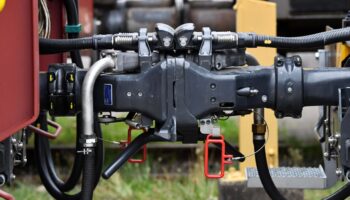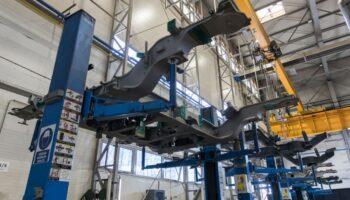Germany: Der Spiegel disclosed this information with reference to a letter from Stefan Schnorr, State Secretary at the Federal Ministry of Transport and Digital Infrastructure (BMDV). According to the letter, funding is frozen until further notice, but Schnorr can decide to approve specific projects or changes to ongoing projects funded by the ministry.
Germany was one of the first countries in the world to introduce hydrogen traction in rail transport on a large scale. After signing the first contract for these trains in 2017, Alstom delivered 14 two-car Coradia iLint trains for a commercial line in 2022. However, the owner of the fleet, LNVG, refused to buy more hydrogen trains due to the high operating costs. Today, Alstom’s backlog includes contracts for a further 27 Coradia iLint trains for German regions. Siemens Mobility also expected orders for 10–50 Mireo Plus H hydrogen trains from the country’s regions.
According to Der Spiegel, the decision to suspend support for hydrogen traction may have been taken following the recent dismissal of Klaus Bonhoff, head of policy at the ministry. German media reported that he had approved funding for hydrogen projects in 2021 on behalf of the ministry, having close personal ties to the beneficiaries.
Meanwhile, a new project to develop a prototype hydrogen tram, HyTraGen, has been announced in Germany, but it is still waiting for €8 mln in funding from the ministry. The vehicle is expected to be tested in Görlitz in 2026. A consortium led by the engineering company Hörmann Vehicle Engineering will work with the tram manufacturer Heiterblick on the project.















